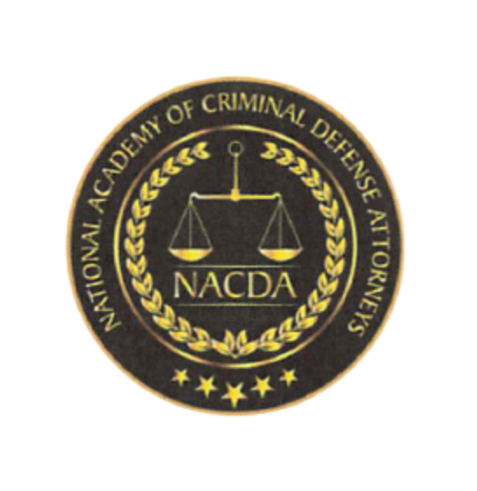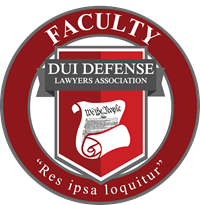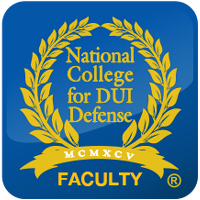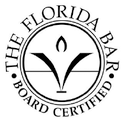Collars for Dollars - DUI Cases Nose Dive in Dade Police, Activists Differ on Reason
By Gail Epstein Herald Staff Writer
- Miami Herald, The (FL)
- September 10, 1998
Driving drunk appears to be getting easier in Miami-Dade County. DUI arrests
have nose-dived by more than one-third in Miami and unincorporated Miami-Dade
so far this year, even as drunk-driving deaths have risen. It's the second
consecutive year that DUI arrests have plummeted.
Police administrators say traffic enforcement efforts may be keeping drunks
off the streets, leading to fewer arrests. Not likely, say Mothers Against
Drunk Driving, defense lawyers who specialize in DUI cases and even some
officers. Their suspicion: Disgruntled cops are turning a blind eye to
the crime as payback for scrutiny by their bosses and The Herald.
A 1997 Herald series, Collars for Dollars, documented rampant overtime abuse on DUI cases in the county's three largest police departments. Miami-Dade Police this year demoted, suspended or otherwise disciplined 36 officers found guilty of such abuse. Also, a subpoena "standby'' system instituted in the courts last year made DUI arrests less profitable for officers. One or more of those factors has contributed to the decrease in DUI arrests, some say.
"They don't like the scolding they got and they have in effect adopted a 'blue flu' type of attitude toward DUI arrests,'' said a South Florida lawyerwho specializes in DUI.
"Based upon the discipline they received from the exposure in The Herald article, their general attitude is, 'If they [commanders] don't like the way we were doing DUIs, we just won't do them.' ''
"I think they felt slighted and they rebelled,'' agreed Susan Isenberg, president of MADD in Miami-Dade. "And I think it's horrible. Yet I think we're all motivated by one thing or another, and money just happens to be one thing that motivates a lot of officers.''
Sgt. Jose Zarraga, supervisor of the Miami-Dade Police DUI program, said The Herald series, coupled with the ensuing discipline and administrative changes that require officers to do more paperwork, left some believing the department no longer supported DUI enforcement.
"Because of some of the discipline, the message officers perceived was, 'Don't make a DUI arrest,' because if you do, with all the paperwork and extra memos that have to be written to justify why you made the arrest, you're being put on the spot,'' Zarraga said.
The result, some say: Drivers who may have been arrested in the past for borderline drunk-driving cases now are getting a pass.
Heads of the two largest police departments, Miami and Miami-Dade, both discounted the notion that their officers were sandbagging DUI enforcement.
"I can't tell you why [arrests are down], but to say it's a work stoppage, I totally disagree,'' said Carlos Alvarez, director of Miami-Dade Police. "I have not been given even a hint that there's any kind of backlash,'' said Miami Interim City Manager Donald Warshaw, also the city's police chief. The Police Benevolent Association did not return a call.
For whatever reasons, the numbers show the decline. At the same time DUI fatalities are up locally, MADD's Isenberg and Zarraga of Miami-Dade say. In 1997, Miami-Dade's DUI arrests dropped 40 percent, from 2,780 to 1,855. Through July of this year, DUI arrests sank another 38 percent compared to the same time period in 1997, from 1,232 to 767.
In Miami in 1997, DUI arrests dipped 36 percent, from 2,257 to 1,654. So far this year the department reports 815 DUI arrests -- a 35 percent drop from the same period last year if year-end numbers are pro-rated over 12 months.
Alvarez said arrests may be dropping because some officers "feel uncomfortable making DUI arrests because of all the procedures.'' The department is giving them more training. Also, starting next week, a six-officer DUI squad will hit the streets four nights a week. Isenberg and others applauded the action.
In the city, Warshaw said DUI arrests may have dropped because the department is conducting more roadblocks, prostitution stings, vehicle impoundments and other street operations than before. Those operations may deter drunk drivers, he said.
One notable exception among the largest departments: Miami Beach, which has seen a slight increase in DUI arrests this year. "Doesn't surprise me,'' said Assistant Chief James Scarberry. "We have a very aggressive attitude toward DUI. It's like shooting goldfish in a bowl. People are over on South Beach, where drinking and partying are the attraction.''
Miami Beach officers were the worst offenders in The Herald series, which found hundreds of midnight-shift officers going to court in thousands of drunk-driving and other misdemeanor cases in which they had no essential role. Some officers "stacked'' or piggybacked onto arrests so they would be listed as witnesses, be subpoenaed to court and get paid time and a half -- even if they weren't needed to prosecute the case, The Herald found.
Prosecutors let police get away with it. They relied on secretaries to issue subpoena lists, rarely screening out unnecessary police witnesses.
The Herald series prompted a crackdown by top police officials, who ordered steps to prevent piggybacking. Judges, prosecutors and police also agreed to expand a pilot program at the courthouse that is reducing unnecessary police witnesses in drunk-driving and misdemeanor cases -- expected to save the three police agencies a combined $1.4 million this fiscal year.
Robert Reiff, another South Florida lawyerwho specializes in DUI, said officers have told him privately that they stopped making borderline drunk-driving arrests as soon as the guaranteed overtime ended, although obvious cases are still fair game.
The sinking numbers prompted a meeting last week between the county's top DUI prosecutor and the Dade Chiefs Association, a group of police executives. Assistant State Attorney Stephanie Feldman encouraged the police to boost their DUI enforcement and to work harder against drivers under the influence of drugs, not just alcohol. "The numbers are down,'' said David Maer, chief County Court prosecutor for the Miami-Dade state attorney's office. "I don't think we can attribute it to a specific cause.''
















[1].png)